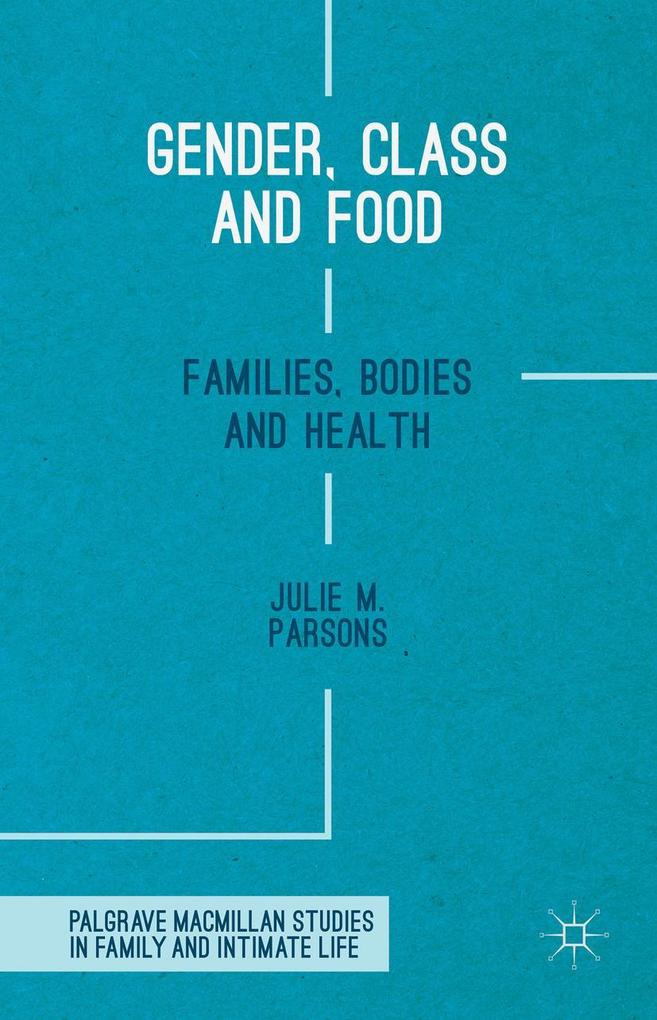
Inhaltsverzeichnis
2. Family Foodways
3. Maternal Foodways
4. Health Foodways
5. Embodied Foodways
6. Epicurean Foodways
7. Reflections
Produktdetails
Entdecken Sie mehr
Pressestimmen
Julie M. Parsons Gender, Class and Food is a welcome addition to this literature. this book demonstrates how foodways are shaped by gender and class. Written in an accessible style and incorporating a broad range of literature without falling into the trap of sociological jargon, it is appropriate for graduate and undergraduate courses in food studies and sociology. (Norah MacKendrick, Review of Agricultural, Food and Environmental Studies, April, 2017)
Concerned with examining food `memories and the socio-cultural contexts in which these are formed, this British sociologist employs a qualitative method not often seen in food studies: computer-mediated communication. Parsons solicits and analyzes 75 auto/biographical food narratives from individuals residing in the United Kingdom. an important and timely read, a noteworthy contribution to the research trajectory set by DeVault (1991). (Michael Chrobok, Antipode, May, 2016)
Bewertungen
Es wurden noch keine Bewertungen abgegeben. Schreiben Sie die erste Bewertung zu "Gender, Class and Food" und helfen Sie damit anderen bei der Kaufentscheidung.









